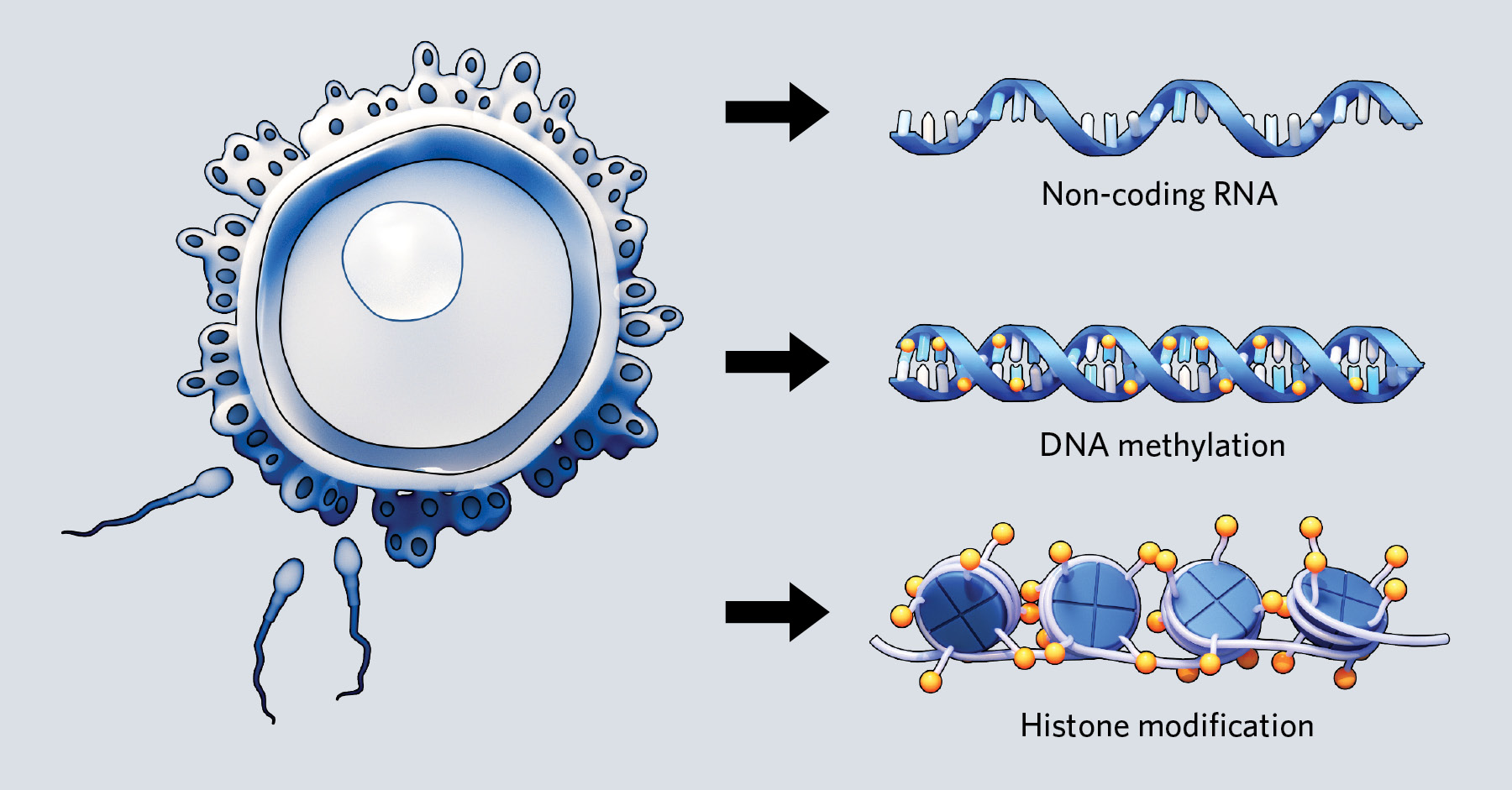Reference




OpenAI's Answer
The relationship between epigenetics and Jean-Baptiste Lamarck's theory of acquired characteristics is a topic of considerable interest and debate in modern biology. Let's dive into the details:
Lamarck's Theory of Acquired Characteristics
Jean-Baptiste Lamarck, a French naturalist, proposed a theory of evolution based on the inheritance of acquired characteristics. According to Lamarck, organisms could pass on traits to their offspring that they acquired during their lifetime as a result of use or disuse of certain organs or behaviors. For instance, he suggested that giraffes developed long necks because their ancestors stretched to reach high leaves, and this acquired trait was then passed down to their offspring.
Epigenetics
Epigenetics is the study of changes in gene expression that do not involve alterations to the underlying DNA sequence. Instead, these changes can be influenced by environmental factors, behavior, and lifestyle. Epigenetic modifications, such as DNA methylation and histone modification, can affect how genes are turned on or off and can be inherited.
Connection Between Epigenetics and Lamarck's Theory
-
Epigenetic Inheritance: Modern epigenetics provides a molecular mechanism for a form of inheritance that shares similarities with Lamarck's idea of the inheritance of acquired characteristics. Environmental factors can induce epigenetic changes in an organism, and some of these changes can be passed on to the next generation. This phenomenon gives a partial validation to Lamarck's ideas, albeit not through direct alteration of the genetic code but through heritable changes in gene expression.
-
Examples and Evidence:
- Nutrition and Health: Studies have shown that the diet of parents can affect the health and disease susceptibility of their children through epigenetic modifications. For example, the Dutch Hunger Winter study demonstrated that children conceived during the famine had different health outcomes, possibly due to epigenetic changes induced by the mothers' starvation.
- Stress and Behavior: Research in animals has shown that exposure to stress can lead to epigenetic changes that affect behavior and can be transmitted to offspring.
Contemporary Perspective
While epigenetics provides mechanisms that could be seen as supportive of Lamarckian inheritance, it is important to emphasize that it does not fully validate Lamarck's theory. The heritability of epigenetic marks is complex and often transient, and Darwinian evolution through natural selection remains the primary framework for understanding the emergence and persistence of traits in populations.
Further Reading and Resources
For more detailed explorations on the topic, you may refer to the following sources:
- Epigenetics and Lamarckian Evolution - Medium
- Lamarck, Evolution, and the Inheritance of Acquired Characters - PMC
- Is Lamarckian Evolution Relevant to Medicine? - BMC Medical Genetics
Images and Illustrations
The exploration of epigenetics opens fascinating questions about how our environment and experiences may shape our genetic legacy, echoing in some ways the ideas Lamarck proposed centuries ago.

